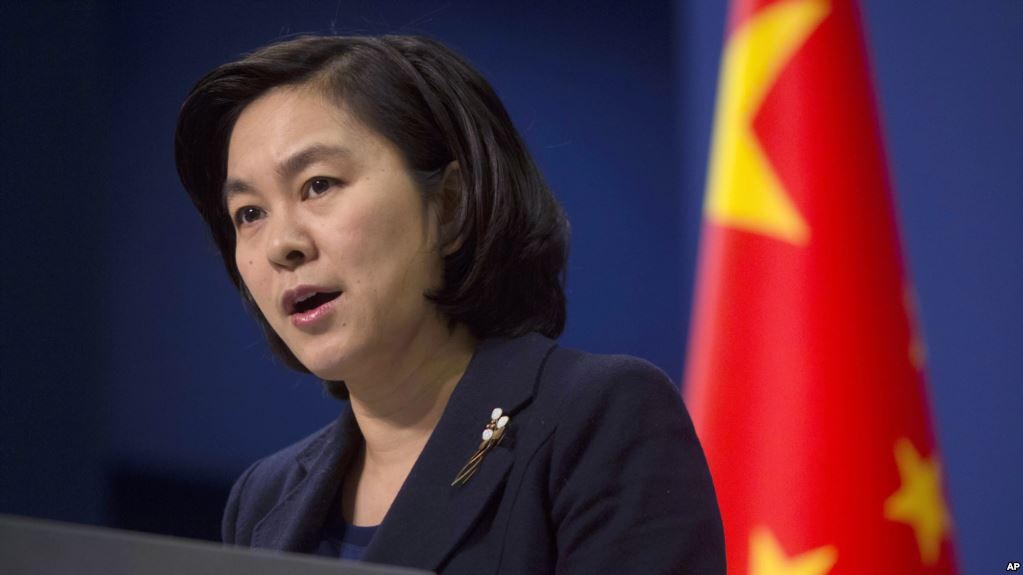KATRINA CROSBY WRITES – The Foreign Correspondents’ Club of China (FCCC) has been under fire for the past few days and China’s Ministry of Foreign Affairs has only worsened the problem.
To begin with, the FCCC released the results of its annual survey, and members were not impressed. 117 out of 218 of the club’s members participated in the survey this year, causing the results to resemble half of the population. Where only 29 percent of respondents thought the reporting conditions had declined in 2016, the results increased in 2017 to a substantial 40 percent.
Additionally, members who were told to limit or stop reporting from authoritative figures and guards increased from 42 to 72 percent. Visas were also put into question, with 15 percent of respondents being deterred from renewing theirs through a more difficult process. One U.S. journalist even reported that when picking up a press badge, they were told by an official that “China has ‘other laws,’” when they expressed their concern that the process was being particularly unfair.
With this negative media coverage, the Ministry of Foreign Affairs Spokesperson Hua Chunying felt compelled to respond. During the week of January 29, 2018, the Ministry had a press conference where the FCCC’s report was directly put into question. Instead of addressing the problem, Hua Chunying challenged the credibility of the club and asked audience members to raise their hand if they agreed with the criticism.
She stated, “If any of you believes that the FCCC has spoken your mind, or you find yourself approving the contents of this report, you may raise your hand and let me know.” When no one did, she continued with a drastic conclusive result, saying, “You can tell the FCCC that foreign journalists present here today do not agree with its report’s conclusion, so it has in no way reflected genuine opinion of almost 600 foreign journalists stationed in China.” Hua Chunying arranged her words in such a way that even if individuals did agree with the research, they would not be in a position where dissent is accepted. Instead, the situation was stacked against the reporters, and by choosing to remain silent, the reporters fell under Hua Chunying’s intimidating generalization. Journalists responded on Twitter with exasperation. Rebecca Davis, a writer for Agence France-Press, even went as far to dub the response by Hua Chunying as “low-grade brainwashing.”
Hua Chunying does present the question as a rhetorical one, expecting no one to raise their hands. She then makes a faulty claim when her ‘prediction’ comes about. She does not recognize the will of the journalists and simply cares about the global perception of China’s press. Her reaction, however, has had the opposite effect, adding even more to the controversy, and attracting more worldwide attention to the controversy.

